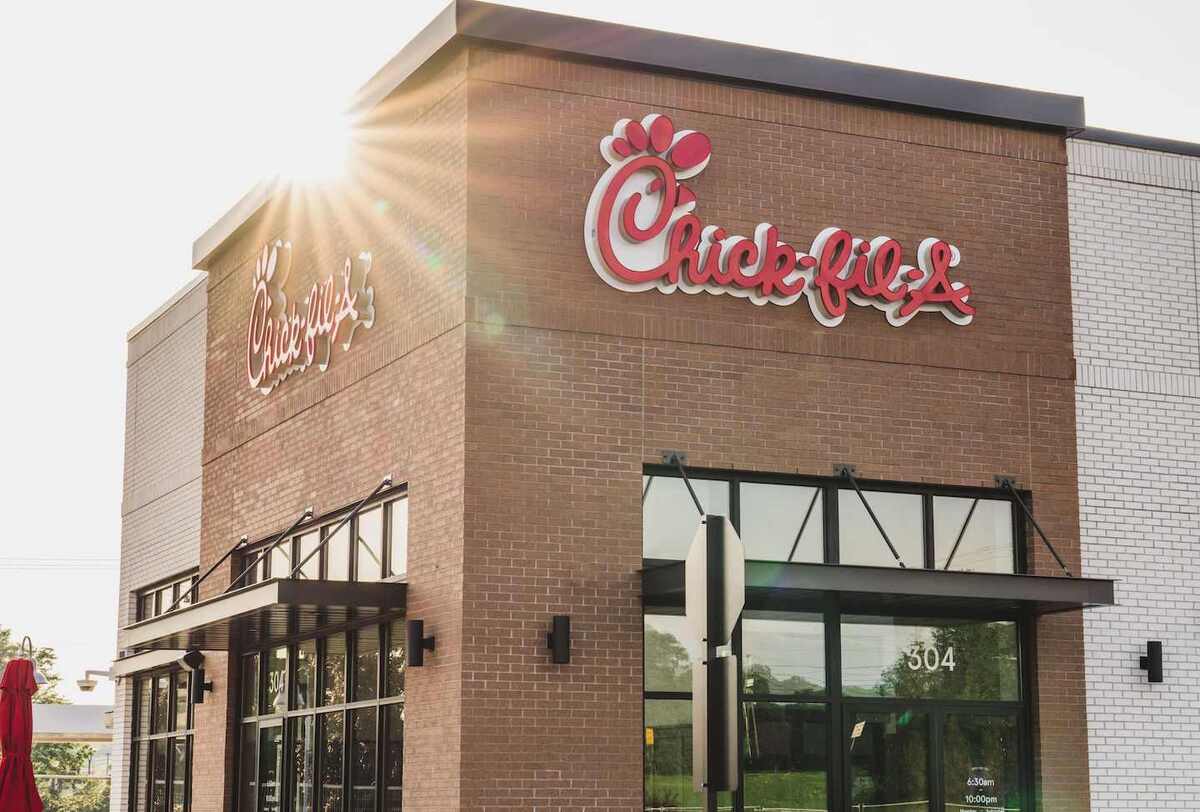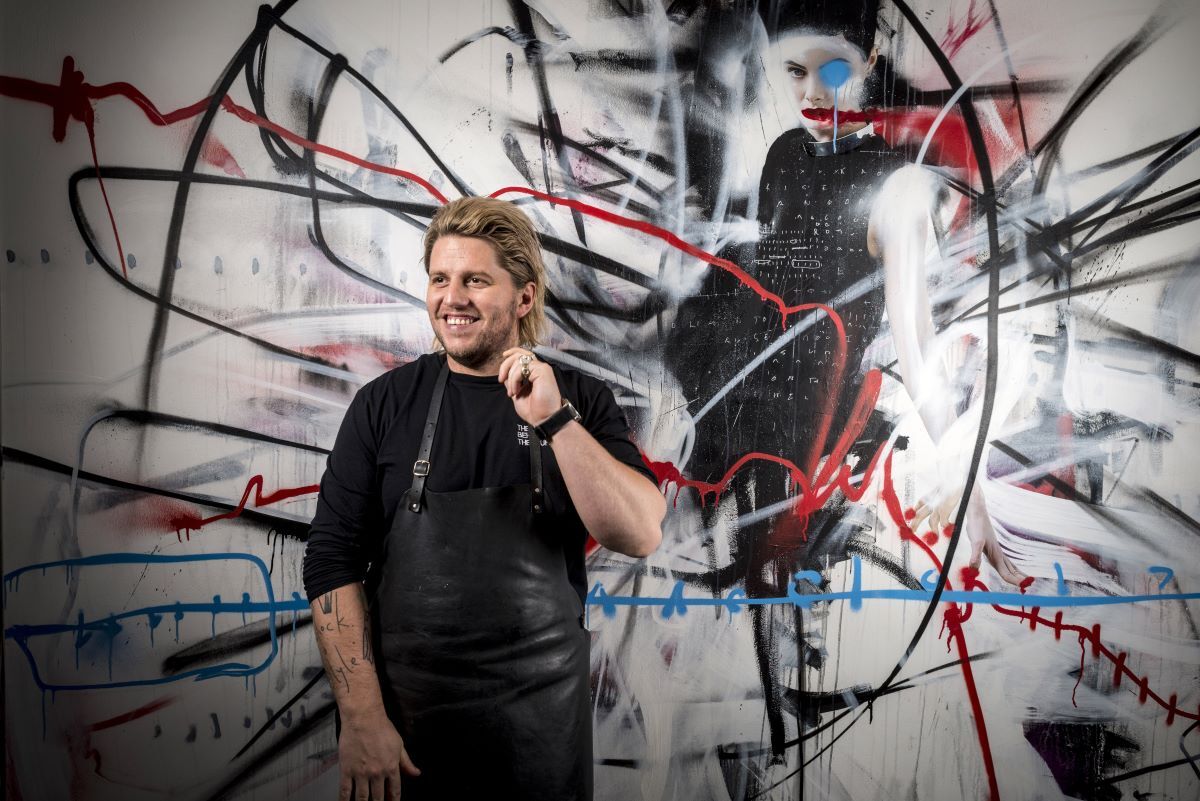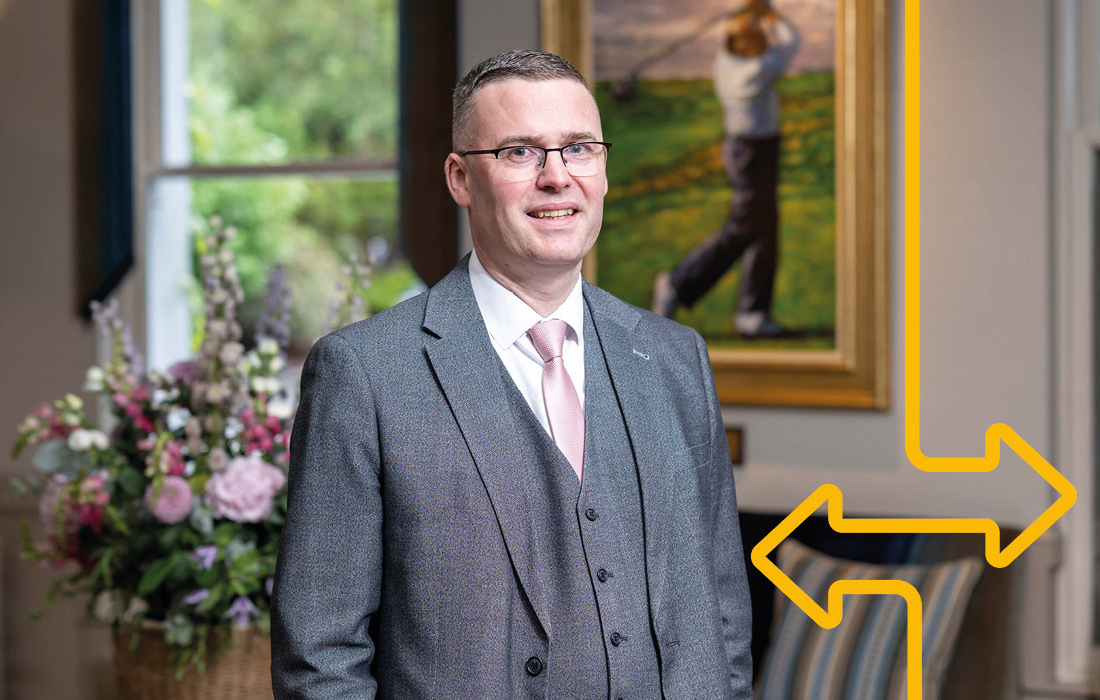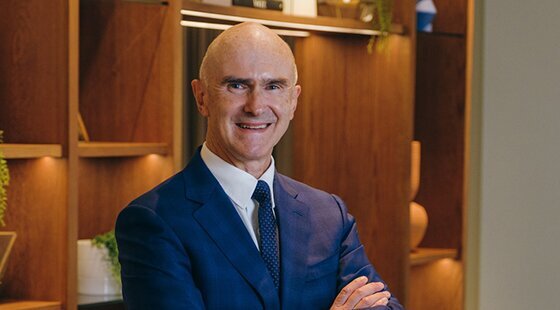The concierge: The master problem-solvers
Often overlooked but never undervalued, the concierge desk is the lifeblood of a hotel. Tom Vaughan talks to Manuel de Brito, a winner at the Morris Golden Keys Concierge Awards, about the day-to-day lives of the master problem-solvers
A concierge's lot: "You can spend hours sorting a problem out and the guest won't even know what you went through, so you can't expect a thank-you. But that's the role and you satisfy yourself with a job well done," says Manuel de Brito, head concierge at the Dorchester
One of your number once saved my Christmas, I tell Manuel de Brito, head concierge at the Dorchester. Staying at a hotel on Christmas Eve a few years back, I shamefully consumed two deep-pan pizzas, a baseball bat of garlic bread and a flagon of red wine before going to bed. Waking at 3am with the kind of heartburn you'd get from eating a car battery, I stumbled downstairs in a dressing gown, clutching my chest, and chanced upon the concierge.
From memory, he said nothing, but with some preternatural understanding of what was afoot he led me to his counter and extracted a box of assorted medication. From among the plasters and paracetamol tablets he extracted a packet of Rennies and wished me goodnight after I'd gobbled four on the hoof.
I didn't see him the next morning and never had the chance to thank that early-morning ghost of Christmas excess, but that, says de Brito, can be the concierge's lot. "It's a job that's done and not seen. Sometimes it can be thankless," he admits. "You can spend hours sorting a problem out and the guest won't even know what you went through, so you can't expect a thank-you. But that's the role and you satisfy yourself with a job well done."
Be pleased for that concierge that a spot of heartburn was the extent of his problems, says de Brito. A few years back he was working at the Britannia hotel in London's Grosvenor Square when a guest asked the concierge desk to pick up a car. "Sure, I said, assuming it was round the corner. In fact it was still in the Mercedes factory in Stuttgart. I flew out there on a Thursday afternoon, picked the car up and drove back through Calais for early Saturday morning." How much did it cost the guest? "We charged him for the price of the flight and the accommodation but my time was free," de Brito recalls.
Endeavours like this may be few and far between, but de Brito's dedication to the job since starting as a doorman 28 years ago won him the Service Through Friendship category at the Morris Golden Keys Concierge Awards in October.
It was purely by chance that he started on the career trajectory of a concierge, he says, and that holds true for many of his young colleagues today. "Most people happen into being a concierge," he says. "I had a job outside at a warehouse and my mother was working for the London Hilton. She managed to wangle me a job as a doorman just to get me inside from the cold."
The usual starting point is as a doorman or a messenger, running errands and greeting people front of house. From there, other jobs can include luggage porter, night doorman and night concierge. The concierge desk might be invisible to some guests despite its prominent position in the lobby, but it's no exaggeration to say that it's the lifeblood of a top hotel. Comprising doormen, porters, drivers and concierges, with this last job the most coveted, the team greet and assist guests round the clock.
At the Dorchester, the concierge desk sits quietly to the left of the entrance. Veer right to reception and you'll probably miss it. It's clear, then, why de Brito says guests note the importance and size of the team only when they need assistance. Behind the chest-high wood panelling, a team of three buzz about a linear wall of pigeonholes, like bygone postal workers with a thousand packages to deliver. Among them, de Brito exudes the sort of assured serenity that suggests alchemy could be perfected and delivered to your room by lunch were you to request it. "There are days when it goes like clockwork and days when four or five things crop up," he says. "Just this summer we had a guest come in who wanted a Ferrari in a particular colour - which was red, of course - so I had to send one of my team out to find one, which he managed to do later that afternoon."
De Brito's team at the Dorchester numbers 41. Most staff are aware of their jobs on a day-to-day basis, and the only central control exerted is a mid-morning meeting before the various factions disperse to go about their daily tasks. The concierge desk, however, has to stay free to tackle problems as they appear.
A bespoke college used to exist in Paris to prepare students for a career as a concierge, but it closed in the late 1990s because of a lack of funding. Nowadays, staff in the concierge department are all trained on site. With little formal tuition available (see opposite page), the basic qualities of a good concierge are passed down from his seniors. And so long as they show willing, young concierges can pick up plenty of good advice from colleagues who may have been in the job for two or three decades. "Their first job is to learn London, or whatever city they're in," says de Brito. "We send them out to walk to the various shops. If they have to walk to Tiffany's they learn where it is and what's en route."
This will take perhaps two or three years, and from there a prospective concierge needs to show an affinity for dealing with people and a talent for problem-solving in order to progress. "Personally, I really enjoy dealing with people," says de Brito. "I love spending time in the lobby making sure the messengers are greeting guests and just making sure everything runs smoothly. If you don't like meeting people you shouldn't be in the job as you're going to be doing it 12 hours a day."
Like many careers in the post-war years, the role of concierge was once a job for life. Once in the position, especially at a top hotel and with the accompanying knowledge and experience, few felt the need to move on. De Brito admits that even now he can't imagine anything that could tempt him to move on from his position as head concierge of the Dorchester. He adds that Stan Willis, the 84-year-old winner of the Lifetime Achievement Award at the Morris Golden Keys Concierge Awards, spent 42 years in the Dorchester concierge department, 11 of them as head concierge (see below).
Many of his staff, says de Brito, have been at the hotel for more than 15 years - some even started back in the 1960s and 1970s, broke service and then returned. "It can take time to build up a guest's trust, but once they know you that trust stays for decades," he says.
His customers will include royalty, dignitaries, celebrities and valued guests, and by spending time in the job a concierge can build an understanding of what each one requires or prefers. In turn, the permanence of a long-standing concierge means guests feel their wellbeing is in safe hands. As de Brito explains: "There might be a profile available [from their people] on what they like that they want this newspaper, or like to be woken up before this time, or they always have one particular car and one particular driver, but 99% of the time we know this already."
In Willis's case, the longevity of his tenure is best captured in one particular story. "My wife and I were married in the same year as the Queen and Prince Philip," he says. "And unfortunately, for their 40th wedding anniversary when I was head concierge at the Dorchester, they didn't visit, as they sometimes did. Because if they had and the Prince had spoken to me I could have joked with him that he was better behaved than on his stag do, which was held at the Dorchester in 1947 when I was working on the enquiry desk at the hotel."
It's hard to say whether this inherent longevity will remain an aspect of the concierge career, says de Brito. As hospitality and pan-industry jobs become more mobile it will surely affect the concierge desk. "Concierges are becoming younger and younger," he says. "When I first started they were all old, or at least that was how it seemed to me."
One aspect that may keep it slightly isolated from this trend is the knowledge bank a concierge accumulates through the years. There are few requests from concierges to transfer from hotels in foreign cities, says de Brito, mainly because a concierge's knowledge of his home city is paramount to performing his job. "You have to know the basics - the restaurants and what they're like, the clubs, the theatres, and be able to recommend places to guests," he says. "A good concierge will have tried them all himself or at least be familiar with the critical opinion of these places. After that, the geography of a site and how your colleagues work round you can be learnt from hotel to hotel."
Darren Muylders, assistant head concierge at the Athenaeum hotel in London and winner of the Concierge Newcomer category at the recent awards, says sharing tips and advice that otherwise might escape a guest is the real enjoyment he gets from the role of concierge. "If people are in the lobby and looking at a map I'll ask them what they're up to. If, for example, they're going to the London Eye I'll suggest going to Vinopolis and the Clink prison in the same trip, advice I've built up over the years."
Problem-solving is the other key component to a concierge's job. Once upon a time, the knowledge bank a concierge would build up was almost a saleable commodity. "It could be secretive when I first started," says de Brito. "Concierges would have all the contacts and all the knowledge in their heads." It's only recently that he's introduced an encyclopedia to the Dorchester for concierges to record problems and solutions.
The value placed on the store of knowledge concierges once had has also been slightly eroded by the problem-solving capabilities of the internet. But that's not to say that a career of solving problems can be superseded by a Google search, says de Brito. Canny, courteous, affable and often ingenious, the list of qualities a concierge needs is endless. There are far too many stories of the daily obstacles hurdled on his chosen desk, says de Brito, but every now and then a colleague will remind him of the special art of the concierge.
"We had a fashion show in the hotel a while back and somehow the organisers had forgotten the mannequins," he recalls. "They came charging to the concierge desk at 10am on a Sunday asking us to find some. Where do you find that kind of thing on a Sunday morning? I sent one of my guys out, and by midday he'd somehow managed to find enough mannequins. How did he do it? Do you know, I've never wanted to ask."
Morris Golden Keys Concierge Awards
The Morris Golden Keys Concierge Awards recognise the outstanding contribution and service delivered by the UK's concierge community. The event is held in conjunction with Morris Visitor Publications and the Society of the Golden Keys of Great Britain and the Commonwealth, which was founded just over 50 years ago to develop friendship and networks between concierges in the hotel fraternity.
This year's winners were:
- Morris Readers' Choice Award - Antony Lynch, head concierge at the Hilton London Kensington.
- The Service Through Friendship Award - Manuel de Brito, head concierge at the Dorchester, London.
- Concierge Newcomer Award - Darren Muylders, assistant head concierge at the Athenaeum, London.
- Lifetime Achievement Award - Stan Willis.
Concierge courses
Since the bespoke concierge school closed down in Paris 10 years ago because of a lack of funding, there has been no formal training available for a concierge. However, this year a bespoke course started at Lycée Hôtelier in Toulouse. The year-long course involves six months in training and six months at a top-end hotel. All graduates are then taken under the tutelage of a concierge at a hotel for two years after the course.
Stan Willis
Winner of the Lifetime Achievement Award at the Morris Golden Keys Concierge Awards
Concierges often have different circumstances or events to thank for starting their hotel careers. Stan Willis has the Maginot Line, France's disastrous attempt at defence against the Nazis in 1940.
Back in 1938-39, as a 14-year-old school leaver, he was working for the Air France publicity department. This was a time when many of the company's coaches departed to Croydon Airport from outside the Dorchester.
During his two years in the job he got to know the head concierge at the hotel, so when France capitulated to the Nazis in 1940 and Air France jettisoned some staff, Willis was offered a job at the Dorchester.
He started on the enquiry desk - the office that used to deal with mail and pageboys - spending three years at the hotel before joining the RAF in 1943 and working the gunner turret in a bomber during the Japanese campaign. He returned to the hotel in 1947, using his ration coupons to buy a uniform, and saw 41 years' continued service on the enquiry desk and the concierge desk when the two merged. He spent his last 11 years as head concierge.
Not surprisingly, he's seen a lot change in that time. Back in the 1940s, the hotel had 1,000 staff for its 285 rooms and permanent residents who had lost their own staff in the war effort.
"I'd still recommend being a concierge to anyone," he says. "We had so many regular clients that in time they became like old friends. It was, and still is, a job where every day you go in and there's something different to do."
Darren Muylders
Winner of the Concierge Newcomer Award at the Morris Golden Keys Concierge Awards
It was as a different sort of messenger that Darren Muylders started his working life. Initially a courier for the Daily Mirror after leaving school, he later found himself on the concierge desk at the Radisson Edwardian on London's Oxford Street.
It all started when the Daily Mirror moved from Fleet Street to Canary Wharf. His uncle, a taxi driver, had a friend on the concierge desk at the Radisson and with a vacancy going for a night porter, he arranged an interview for Muylders. He got the job and climbed on to the first rung of the concierge ladder. Stints as a night concierge and day porter followed before he got the position as day concierge.
"It's the day-to-day running of the desk that's most appealing," he says. "The more obscure a guest's request the better."
His proudest moment was when a guest, five hours before a flight from Heathrow, decided he wanted to attend an Alcoholics Anonymous meeting. "I found a meeting in a church in Chelsea at 9am that morning, rang and confirmed they had space and got the guest there."
While the internet may have made problem-solving easier, there are still many qualities needed from a concierge - organisation, patience and an ability to prioritise being just some of them. Skills are passed down from senior colleague to junior, and he believes the concierge he is today is thanks to the people he's worked under.
Now assistant head concierge at the five-star Athenaeum hotel in London's Piccadilly, Muylders says he has found his calling. "I've had offers to move to other roles in hotels but I'm happy where I am," he says.
















